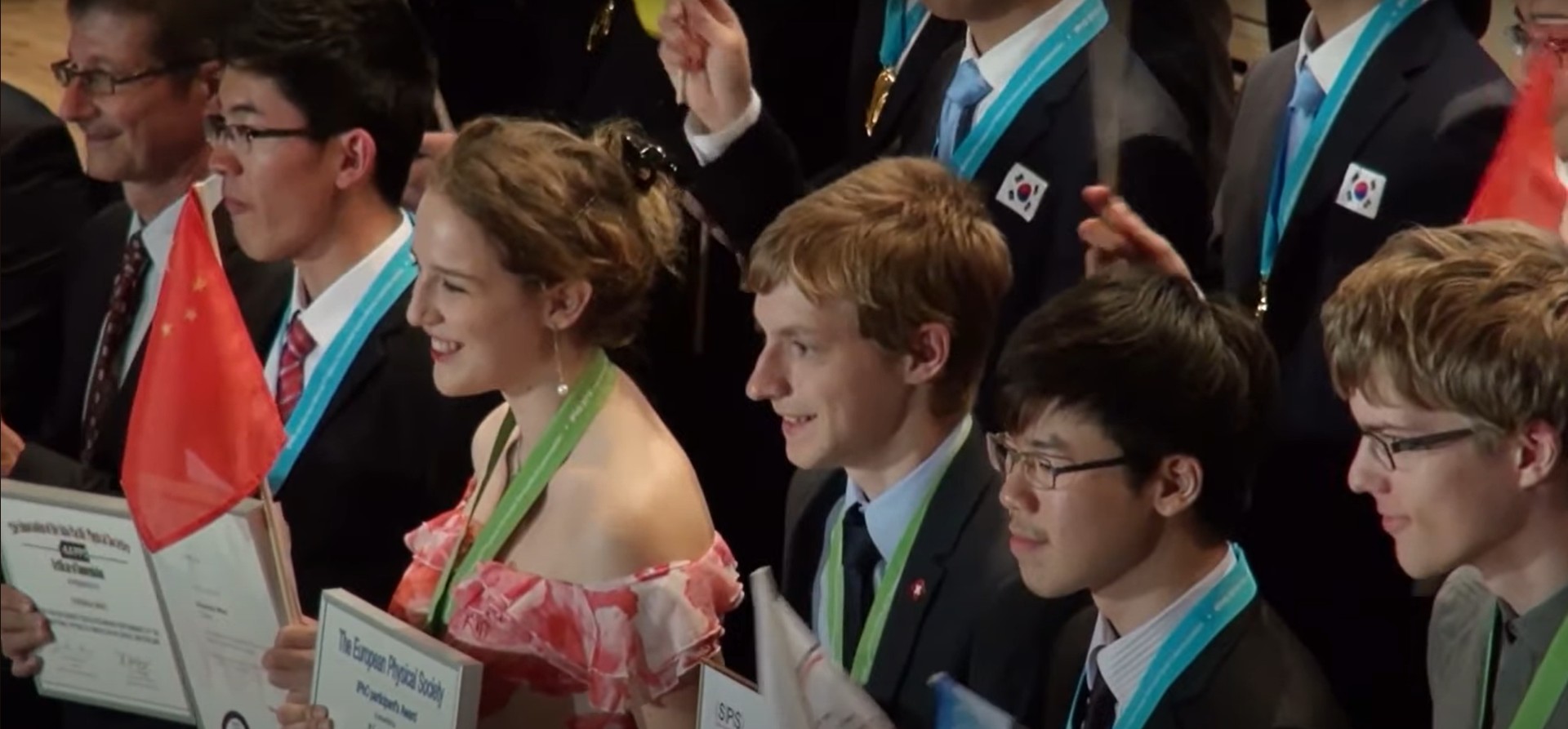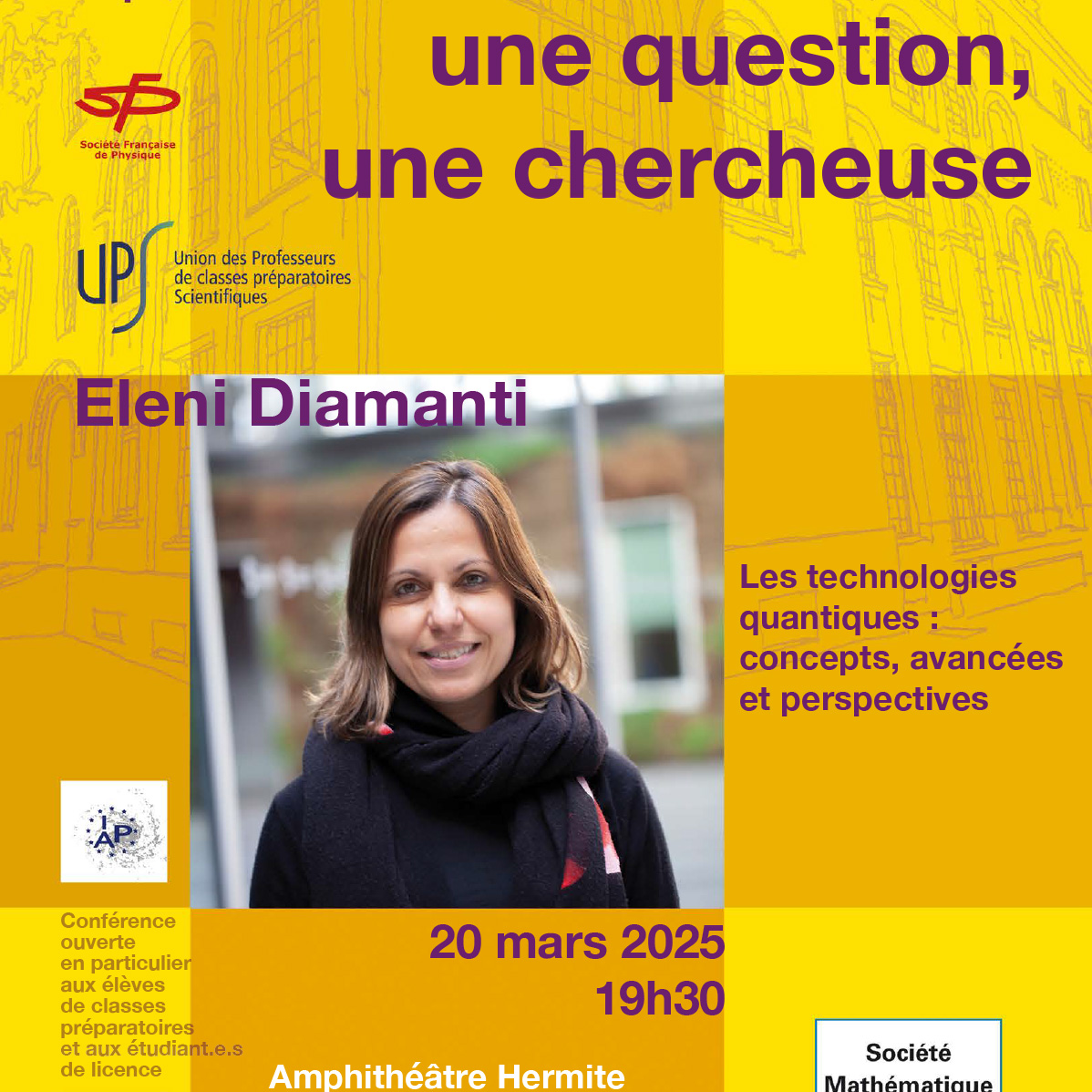EPJ B Highlight - Statistical physics reveals how languages evolve
Models based on the principles of statistical physics can provide useful insights into how languages change through contact between speakers of different languages. In particular, the analysis reveals how unusual linguistic forms are more likely to be replaced by more regular ones over time.
The field of historical linguistics explores how languages change over time, with a particular focus on the evolution of sounds, meanings, and structures in words and sentences. So far, however, it hasn’t been widely studied from the viewpoint of statistical physics – which uses mathematical models to explain patterns and behaviours in complex, evolving systems. Through a series of models described in EPJ B, Jean-Marc Luck at Université Paris-Saclay, together with Anita Mehta at the Clarendon Institute in Oxford, use statistical physics to show how exceptions to well-established grammatical rules are linked to the influence of neighbouring languages.
According to linguists, languages essentially evolve in two different ways: either through modifications of their roots in more ancient languages, or by borrowing aspects from other modern languages through contact between speakers. In their study, Luck and Mehta drew from the principles of statistical physics to develop a series of mathematical models which allowed them to examine the evolution of word structures more closely – with a particular emphasis on the rules governing verb conjugation. Through ‘static’ models, the duo expressed the relative numbers of rules and exceptions to grammatical structures in languages; while in their ‘dynamic’ models, they focused on the emergence of exceptions to these rules.
Luck and Mehta’s analysis showed how unlikely survivors of these changes are winners against the odds: emerging when the influence of neighbouring languages exceeds their tendency towards ‘regularisation’ – where irregular linguistic patterns are replaced by more regular ones over time. In English, for example, past participles like ‘-ed’ added onto the ends of verbs tend to prevail over more unusual linguistic forms, like the ‘-uck’ in ‘stuck’ or ‘struck.’ These insights could help linguists to better understand how languages evolve, and even identify aspects of modern languages which are more likely to change in the future.
Luck, JM., Mehta, A. Evolution of grammatical forms: some quantitative approaches. Eur. Phys. J. B 96:19 (2023). https://doi.org/10.1140/epjb/s10051-023-00488-0
more informations
Article posté le 10/05/2023



